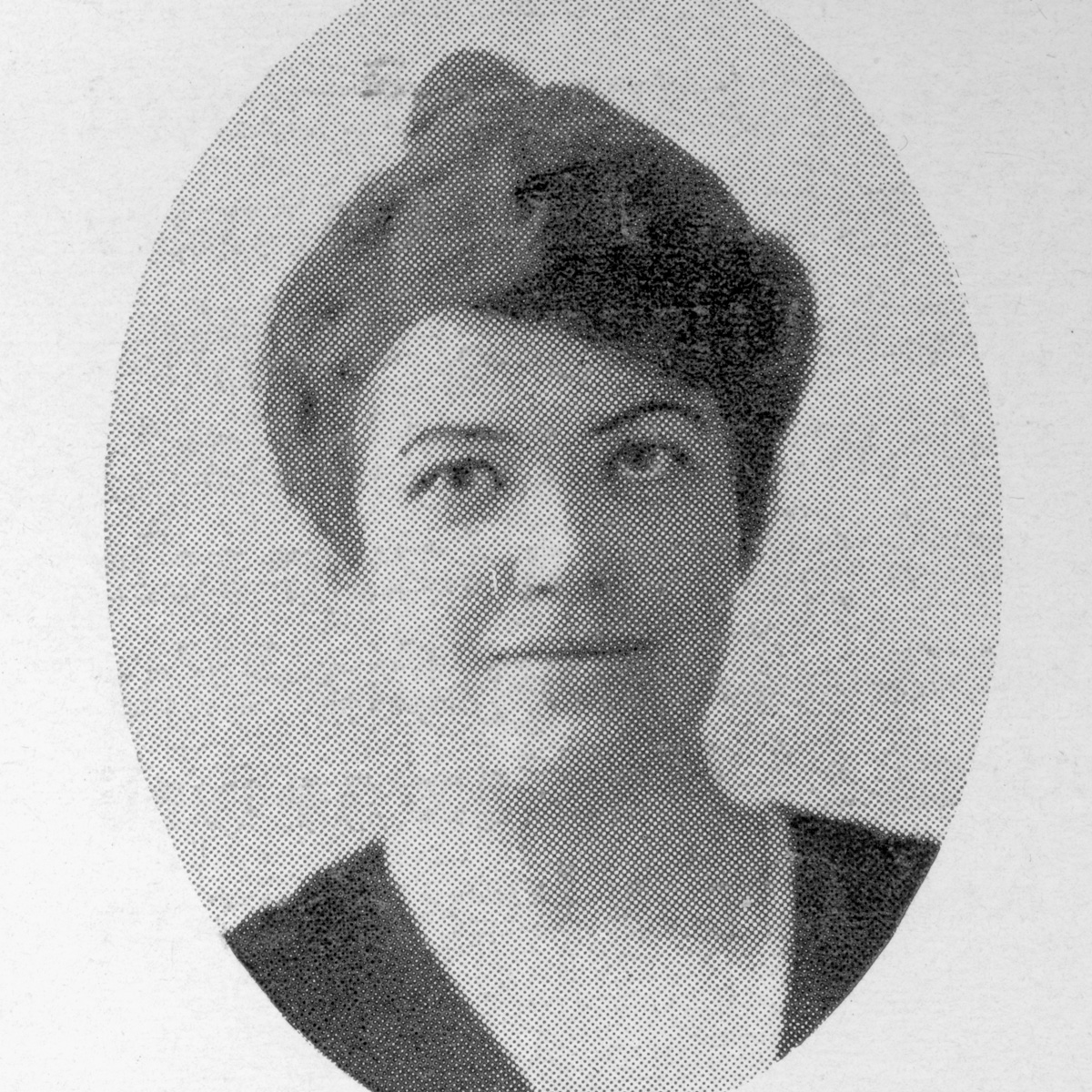Feminist, Activist, War Worker
As Nova Scotia entered the 20th century, a growing number of remarkable women — like Edna May Best Sexton — were demonstrating how much they had to offer, and how foolish it was to limit the ways in which women could contribute to society.
When May Best's parents died young in New Brunswick, she ended up in Boston with an adoptive family. Showing “striking intellectual ability,” May attended the Massachusetts Institute of Technology, graduating in 1902 with high honours in chemistry. Working in the General Electric research laboratory she met and married Frederic Sexton, who had been appointed to Dalhousie University.
As a faculty wife and young mother in Halifax, May found she wanted to participate more fully in Nova Scotia society — and to open the door for other women to do the same. One means to that end was the Local Council of Women (LCW). Through speeches and writings, May Sexton became involved in the many issues the LCW championed. The hottest issue of the day was whether or not to grant women the vote. May became one of the strongest champions of that change.
When the First World War began in 1914, the LCW played a leading role in coordinating the civilian war effort. Edna May Sexton was prominent as an organizer, speaker and fund raiser. The Red Cross committee, of which she was co-chair, had the responsibility of providing hospital supplies, for both overseas and home-defence needs. Then in December 1917, Halifax was devastated by a deadly explosion that killed 2000, injured 9000, and left a swath of the city in ruins. Again, Edna May Best Sexton stepped up. Her Red Cross committee looked after the purchase and delivery of supplies for each of the 57 temporary hospitals and dressing stations. The many demands on her during and after the war took its toll. May's health broke down and she died far too young, aged only 43.
